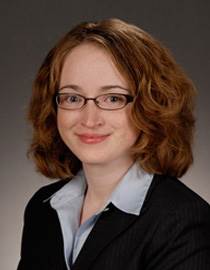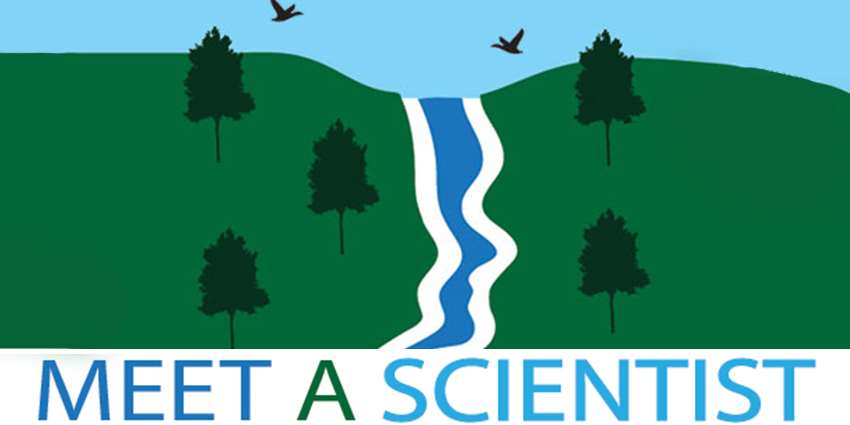Groundwater researcher and engineer Dr. Gretchen Miller wants to know how to balance the water resources needs of people, the economy and the planet.
“Engineers are really well-placed to promote sustainable water use, which is the central theme of my research on groundwater and ecohydrology,” said Miller, an assistant professor in the Zachry Department of Civil Engineering at Texas A&M University.
“I’ve been interested in water resources since being a teenager, because I was always interested in the quality of the environment and environmental concerns,” she said.
Growing up in St. Louis, where the Mississippi and Missouri rivers meet, Miller recalled the impact the Great Flood of 1993 had on her attitude toward water. “It was my first exposure to water as something very important,” she said. This concern, coupled with her interest in engineering and the environment, fueled her desire to study groundwater.
Miller earned her bachelor’s and master’s degrees in geological engineering at the University of Missouri at Rolla. “It’s a rare major,” she said. “But I got to do exactly what I wanted — I got to work on groundwater.” She then received her doctorate in civil and environmental engineering from the University of California at Berkley.
Today Miller is working on improving how certain processes are treated in existing groundwater availability models. “The problem is that the scale that we use and the things we model with it aren’t conducive to some of the new questions we want to ask,” she said.
Specifically, Miller wants the computer models to include information on how the atmosphere and vegetation interact with groundwater. This will create a more accurate representation of the ecosystem as a whole and will lead to more responsible management decisions, she said.

Miller is also exploring groundwater storage in the layer just above the water table, known as the vadose zone. Because Texas’ peak water demands are often out of sync with the peak water supply, water is often stored in reservoirs. The problem with reservoirs is that water loss often occurs due to evaporation, she said. Using the vadose zone for water storage means there would be virtually no water loss due to evaporation, she said.
Currently, Miller is also focused on improving Earth system models, which are frequently used to model climate change. In particular, Miller and her students are trying to better understand the role of plants in the broader water cycle. “Contributing our knowledge of plants’ groundwater use and groundwater flow in general has been one of the more exciting things we’re working on because it has a direct connection to one of the biggest issues of our time.”
In addition to her work in the U.S., Miller has also worked on modeling in Costa Rica, where the climate is generally wet though often fluctuating. “They have the same questions there about what’s going to happen over the next 50 years as the planet warms up,” she said. “And the tropics are a ground-zero for changes in climate.”
In addition to her research, Miller teaches several engineering courses to undergraduate and graduate students. She teaches a water resources engineering course and a fluid mechanics course, which she described as “physics applied to water and air.”
Miller also teaches a groundwater hydrology and engineering class that was offered to undergraduates for the first time this year. “I feel like I can really tailor it to the students, and we can stop if they have questions and answer those as they come up, rather than having a big lecture class,” she said. “I’ve really enjoyed teaching that one.”
For more information on Miller's work, visit her research website.

